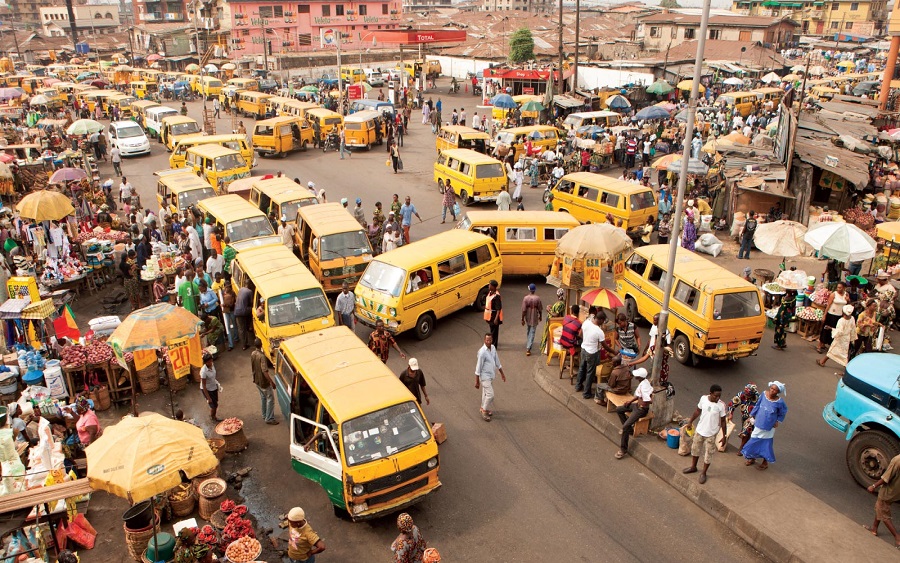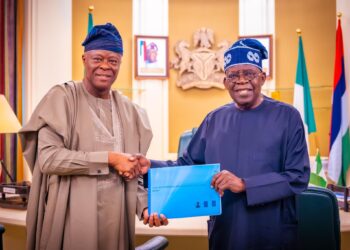Following the plunge of Nigeria’s real Gross Domestic Product (GDP) by 6.1%, the chances of an economic recovery have been crippled by some factors.
According to some economic experts, Forex shortages, limited fiscal space and absence of structural reforms are examples of such factors.
While some experts have envisaged economic activity picking up from Q2’s depressed levels as COVID-19 lockdown ease up, Mohamed Abu Basha, Head of Macro Economy, EFG Hermes, explained that the ‘recovery‘ remains crippled by the factors.
Get economic data from Nairametrics on Nairalytics
Back story: Nairametrics had reported, on Monday, when Nigeria’s Gross Domestic Product (GDP) in real terms declined by 6.10% (year-on-year) in Q2 2020, thereby ending the 3-year trend of low but positive real growth rates recorded since the 2016/17 recession.
According to the numbers contained in the GDP report, the performance recorded in Q2 2020 represents a drop of 8.22% points when compared to Q2 2019 (2.12%), and 7.97% points decline when compared to Q1 2020 (1.87%).
Apparently, the significant drop reflects the negative impacts of the disruption caused by COVID-19 pandemic and crash in oil price on the Nigerian economy.
READ: FG expected to spend a record N12.65 trillion for 2021 budget
Road to recovery
Basha said, “We expect GDP contraction to continue in second half of 2020 (2H20); FX shortages will continue to weigh on economic activity, a pressure that has been magnified by limited fiscal support amidst depressed oil prices.
“Moreover, rising inflation is also leading to additional pressure on consumer incomes; inflation accelerated to more than a two-year high in July to 12.8% as a weaker currency and supply bottlenecks drove food prices higher.
“We maintain our forecast of a GDP contraction of 4.5% in 2020 before a weak recovery sets in 2021.”
READ: CBN to set up $39.4 billion infrastructure development company with AFC, NSIA
Forex shortages
Basha said that there was no end in sight for FX shortages in the country.
According to him, the shortages are likely to continue amidst low oil prices, but also because further support from international financial institutions has been delayed due to Nigerian authorities’ limited willingness to tackle the economy’s key challenges.
“The local press recently reported that the approval of a $1.5billion loan from the World Bank has been delayed at least until October; the loan was part of the $6.9billion package Nigeria sought to boost its foreign reserves, of which only the IMF’s $3.4bn has been received so far.
READ: Nigeria’s telecom sector posts double digit growth of 18.1%, manufacturing, others contract
“The delay in the World Bank’s loan comes amidst the authorities’ reluctance to unify the various exchange rates, push for an increase in power tariffs and liberalise fuel prices,” he added.
In this context, the nation has seen the CBN conserving its foreign reserves, which have changed little since it received the $3.4billion loan from the IMF. This is leading to a significant widening in the Naira parallel market rate and a backlog of $2-3billion for portfolio investors.























